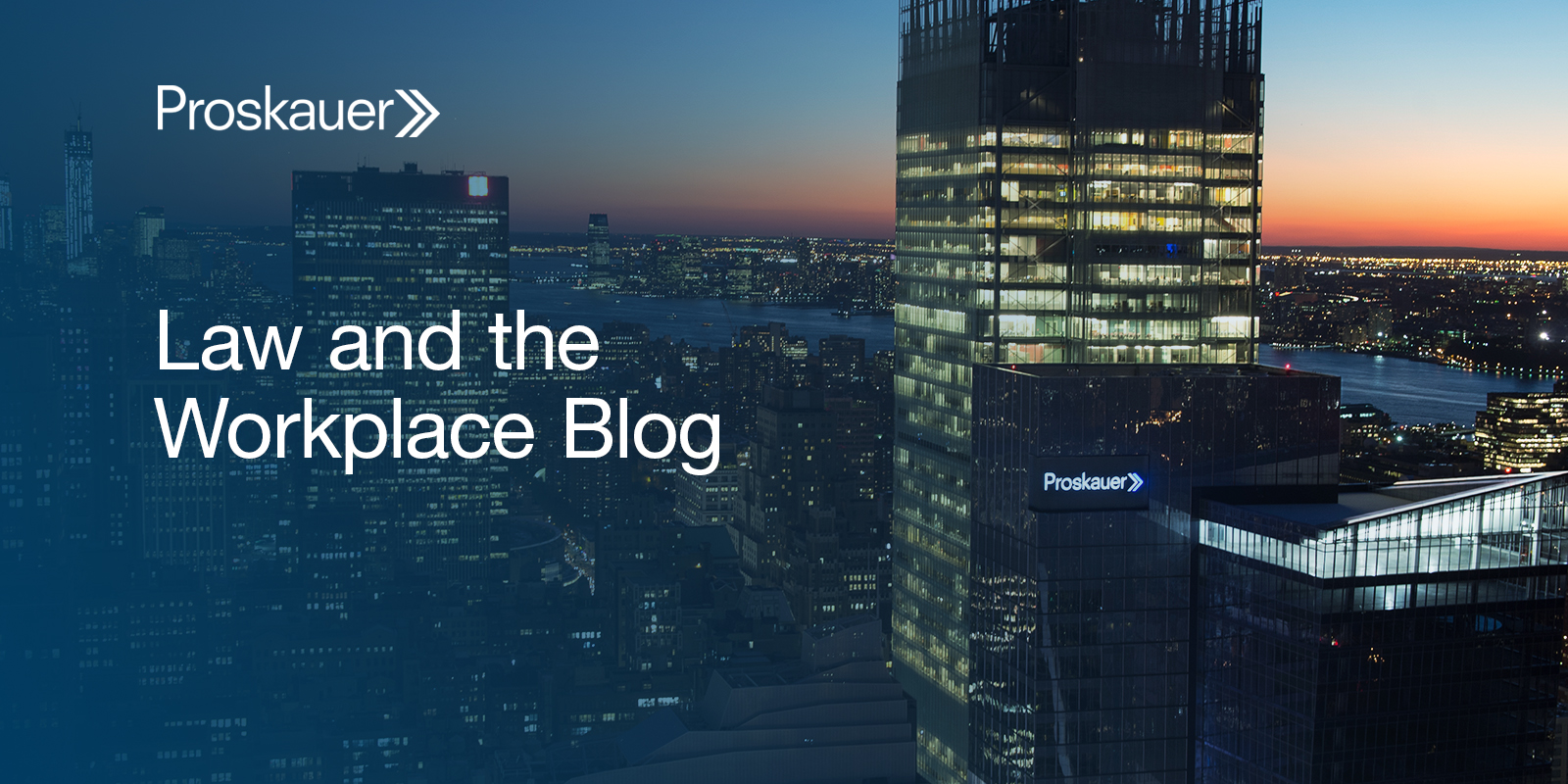Merger Control In the Gulf Cooperation Council Region: Comparing The Saudi Arabian, UAE, Kuwaiti, Bahraini, Qatari and Omani Regimes Under the Lens of Competition
Implementing Regulations issued by Resolution No. (337) of 25/1/1441H (See Arabic text here, and English translation here)
Merger Review Guidelines issued by the KSA General Authority for Competition in July 2021 (See English text here)
Cabinet Resolution No. 37 of 2014 Implementing Regulations of the Competition Law (See Arabic text here)
Cabinet Resolution No. 13 of 2016 on the Rates and Rules Applying to the Competition Law (See Arabic text here).
Resolution 14 of 2021 (See Arabic text here)
Decree No. (26) of 2021 issued by Kuwait Competition Protection Agency (See Arabic text here)
The Bahrain Competition Regulations are awaited.
Ministry Resolution No. 61 of 2008 implementing Executive Regulations (See Arabic text here)
Royal Decree No 2 of 2018 establishing the Competition Protection and Monopoly Prevention Centre (See Arabic text here, and English translation here)
Executive Regulations adopted in 2021, under Ministerial Decision 18/2021 (See Arabic text here)
The obligation to notify is on all concerned parties to the economic concentration (Section 7). However, in practice, one party, typically the acquirer, might bear the responsibility for filing the notification.
The obligation to notify is on all concerned parties to the economic concentration (Article 7(1)).
a. the annual sales exceeded KWD 500,000; or
b. all parties achieved a combined aggregate annual sales exceeding KWD 750,000; or
c. combined value of the registered assets of all parties in Kuwait exceeded KWD2.25 million (Kuwait Competition Threshold Resolution).
The obligation to notify is on all concerned parties to the economic concentration (Article 12).
The obligation to notify is on all concerned parties to the economic concentration (Article 13).
Jurisdictional thresholds are possibly determined through evaluation by the Qatar Competition Regulator, which considers the potential impact of a particular transaction on an individual basis.
The obligation to notify is on all concerned parties to the economic concentration (Article 10).
The obligation to notify is on all concerned parties to the economic concentration (Article 11).
a. the structure of the relevant markets and the level of actual or potential competition between firms;
b. the financial position of parties;
c. the alternatives available and their accessibility;
d. the level of product differentiation;
e. consumer interest and welfare;
f. the potential impact of the transaction on prices, quality, diversification, innovation or development in a relevant market;
g. the actual or potential harm or benefits to competition from the transaction;
h. the supply and demand growth and trends in the relevant market and commodities;
i. barriers to entry or exit;
j. the extent to which the transaction may create or strengthen a significant market power;
k. the level and historical trends of anti-competitive practices in a relevant market;
l. views of the public, economic concentration-related parties, and sector regulators (Article 22).
a. the actual and potential competition in the relevant market;
b. the ease of entry for new competitors into the relevant market;
c. the potential impact on prices in the relevant market;
d. the extent of systemic barriers affecting the entry of new competitors into the relevant market;
e. the extent of the possibility of the emergence of a dominant position in the relevant market;
f. the extent of the potential impact on innovation, creativity and technical competence;
g. the extent of the contribution to encouraging investment, encouraging exports, or supporting the ability of national enterprises to compete internationally; and
h. the impact on consumers’ interests (Article 8).
a. the examination of products vis-a-vis other products;
b. potential competition opportunities within a specific geographic area;
c. the market share of parties concerned;
d. the assets of the concerned parties;
e. the actual or potential competition in the relevant market;
f. the ease with which new competitors can enter the relevant market;
g. the extent of the potential impact on the prices of the relevant goods or services;
h. the extent to which there are legal obstacles affecting the entry of new competitors;
i. the extent to which a dominant position is likely to emerge in the relevant market;
j. the potential impact on innovation, creativity and technical competence;
k. the extent of influence in encouraging investment or export; and
i. the extent of influence on the interests of consumers (Article 84).
a. the impact of the transaction on competition;
b. the level of actual or potential competition in the relevant market(s);
c. the extent of the ease of access of new competitors to the relevant market or markets, and the obstacles that prevent this;
d. the extent of the potential impact of transaction on the prices in the relevant market(s);
e. the extent of the potential impact of the transaction on innovation, creativity and technical competence in the relevant market(s);
f. the potential contribution of the transaction in encouraging investment, exports, building national capabilities, job opportunities and increasing the local added value; and
g. the impact of transaction on the interests of consumers (Article 10).
a. Public establishments and State-owned entities where they grant exclusive rights by the government to provide goods or services in a certain field (Article 3(2) and explanation under Section 4).
b. Any specific transaction or economic concentration singularly exempted by the KSA Competition Regulator Board, contingent on the fulfilment of certain requirements (Article 26).
a. Actions of establishments that are under the supervision or control of the UAE federal or local governments (Article 5).
b. Certain sectors, which include the telecommunications, financial, cultural activities, oil and gas sectors, among others (Appendix). However, these may fall within the purview of separate sectoral regulations, which may touch upon competition-related elements.
c. Small and medium enterprises (Cabinet Resolution No. 22 of 2016 on Unified Definition of Small and Medium Enterprises delineates which entities fall within the definition of SME and are therefore exempt. The definition of SMEs varies by sector and is based on the number of employees and revenue.).
d. The UAE Competition Law does not apply to undertakings operating in financial-free zones (ADGM and DIFC) unless their activities impact competition in mainland UAE.
a. Activities of public utilities and state-owned companies that provide basic goods and services to the public, and which are determined by a decision of the Council of Ministers (Article 3).
b. Banks, insurance companies and financial institutions whose activities include trading and dealing in securities, provided they do not exercise voting rights in relation to such securities, and as long as the securities are sold within one year of acquisition (Article 11(a)).
c. Transactions that result from insolvency, default, debt restructuring, or similar situations (Article 11(b)).
d. Restructurings within the same group of companies (Article 11(c)).
a. Facilities and projects, owned or controlled by the State (Article 2(b)).
b. Arrangements approved by international agreements that are applicable in Bahrain (Article 2(a)).
c. Arrangements necessary for the use, exploitation, transfer, assignment, or licence of intellectual property rights; provided that these arrangements do not unreasonably hinder competition or the transfer and the dissemination of technology (Article 2(c)).
d. The Bahrain Competition Law also provides exemptions on the grounds of public policy (Article 15).
a. State ventures and institutions, groups, companies or entities subject to State direction and supervision (Article 6).
b. The Minister of Commerce and Industry is also empowered to exempt certain transactions that promote welfare of the consumers (See FAQs).
c. The Qatar Competition Regulator, at its discretion, can also exempt mergers and acquisitions that are deemed to contribute towards economic development so as to offset the impact on competition (Article 11).
a. Activities relevant to the public facilities fully owned or controlled by Oman (Article 4).
b. Activities relating to research and development to be conducted by any public or private bodies (Article 4).
c. Any agreement or actions that benefit and protect the consumer can be exempted (Article 5).
d. Purely internal re-organisations are not notifiable.
The review period extends to 90 calendar days from the formal receipt of the notification by the applicants (Article 23(1)).
The 90-day regulatory review period may be suspended by the KSA Competition Regulator if it requires additional documents or data or when the party has submitted incorrect or insufficient information (Section 7).
It is prohibited to complete the transaction prior to the decision or the lapse of the review period (Article 11).
If there’s no communication within these 90 days, the application is deemed to be cleared (Article 23(2)).
The regulatory review process entails 2 stages. The first phase involves an in-depth investigation by the UAE Competition Regulator. It may request additional information and data, and conduct interviews with concerned entities or interested parties (Article 7(7)). In the second phase, the UAE Competition Regulator will submit a detailed report along with a recommendation to the Minister (Article 8(7)).
The review period extends to 90 calendar days, extendable by another 45 days (Article 9(1)), from the formal receipt of notification by the applicants.
The UAE Competition Law and accompanying regulations are silent on whether the regulatory review period is suspended if the regulator is seeking additional information or if the parties have provided incorrect information or in similar situations.
It is prohibited to complete the transaction prior to the decision or the lapse of the review period (Article 10(2)).
If there’s no communication within 90 days, the application is deemed to be cleared (Article 9(2)).
The regulatory review process entails the following:
a. Parties are required to submit all listed/requested documents (5 days) (Article 80);
b. The chairman of the Kuwait Competition Regulator transfers the complete application to the executive director who studies and prepares a report (in a period of 90 days, which can be extended) (Article 81);
c. Review by the Kuwait Competition Regulator Board for the final decision (up to 30 days) (Article 86); and
d. Lastly, the executive director communicates the decision to the parties within 15 days (Article 86).
The Kuwait Competition Law and accompanying regulations are silent on whether the regulatory review period is suspended if the regulator is seeking additional information or if the parties have provided incorrect information or in similar scenarios. However, they do provide for a temporary suspension during the objection to the economic concentration stage (Article 83).
It is prohibited to complete the transaction prior to the decision (Article 14).
The review period extends to 90 calendar days from the formal receipt of notification by the applicants (Article 14).
The Bahrain Competition Law is silent on whether the regulatory review period is suspended if the regulator is seeking additional information or if the parties have provided incorrect information or in similar scenarios.
It is prohibited to complete the transaction prior to the decision (Article 12(1)).
However, their closing should be contingent upon the Qatar Competition Regulator’s approval (Article 10).
The review period extends to 90 calendar days from the formal receipt of notification by the applicants (Article 10).
The Qatar Competition Law and accompanying regulations are silent on whether the regulatory review period is suspended if the regulator is seeking additional information or if the parties have provided incorrect information or in similar scenarios.
It is prohibited to complete the transaction prior to the decision or the lapse of the review period (Article 10).
If there’s no communication within 90 days, the application is deemed to be cleared (Article 10).
The application must be submitted in Arabic, and if it is drafted in a foreign language, a certified Arabic translation shall be attached (Article 8).
The review period extends to 90 calendar days from the formal receipt of notification by the applicants, which includes all requested documents and data (Article 11).
The Oman Competition Law and accompanying regulations are silent on whether the regulatory review period is suspended if the regulator is seeking additional information or if the parties have provided incorrect information or in similar situations.
It is prohibited to complete the transaction prior to the decision or the lapse of the review period (Article 11).
If there’s no communication within 90 days, the application is deemed to be cleared (Article 11).
Failure to notify a reportable transaction (gun-jumping) can result in a penalty of not exceeding 10% of the offender’s total annual sales turnover, or not exceeding SAR 10 million where it is impossible to estimate the annual sales (Article 19(1)). Alternatively, the regulator can impose, at its own discretion, a penalty not exceeding three times the profit generated from the commission of the violation (Article 19(1)).
Additionally, a penalty of not exceeding 5% of the offender’s total annual sales, or not exceeding SAR 5 million where it is impossible to estimate the annual sales can also be imposed in case of withholding information, providing misleading information, or concealing or destroying documents that benefit the investigation (Article 19(2)). Such actions may also lead to the rejection of economic concentration requests (Article 19(3)).
The authority can even cancel the approval granted if:
a. conditions under which the approval was issued no longer exist;
b. failure to fulfil the conditions and requirements on the basis of which the approval was granted; and
c. information according to which the approval was issued was misleading or incorrect (Article 11(2)).
Penalty between 2% and 5% of the annual turnover, and where such data is not available, then a fine may be imposed between AED 500,000 and AED 5,000,000 for failure to notify a reportable transaction (Article 17). Penalty may be imposed between AED50,000 and AED500,000 for gun jumping (Article 18). Penalty may be imposed between AED10,000 and AED 100,000 for violations of other relevant provisions (Article 20).
Penalty not exceeding 10% of the total revenues of the concerned undertaking during the previous fiscal year for failure to notify a reportable transaction (Article 34(2)).
Penalty not exceeding 10% of the total revenues of the concerned parties during the previous fiscal year for providing misleading or incorrect information (Article 34(3)).
Penalty of up to 5% of the offender’s daily sales, with a daily limit of BHD 1,000 for first-time offences and BHD 2,000 for repeated offences (Article 49(4)), although it is not clear whether the penalty corresponds to the failure to notify a reportable transaction, gun-jumping, providing misleading or incorrect information or other relevant violation.
An administrative penalty of up to 10% of the offender’s total sales for the duration of the violation, with a maximum period of three years, may be imposed for any violation (Article 49(5)).
Penalty between QAR 100,000 to QAR 5,000,000 may be imposed (Article 17), although it is not clear whether the penalty corresponds to failure to notify a reportable transaction, gun-jumping, providing misleading or incorrect information or other relevant violation.
Penalty between OMR 10,000 and OMR 100,000 and also imprisonment for a period up to 3 years may be imposed (Article 20), although it is not clear whether the penalty corresponds to the failure to notify a reportable transaction, gun-jumping, providing misleading or incorrect information or another relevant violation.




